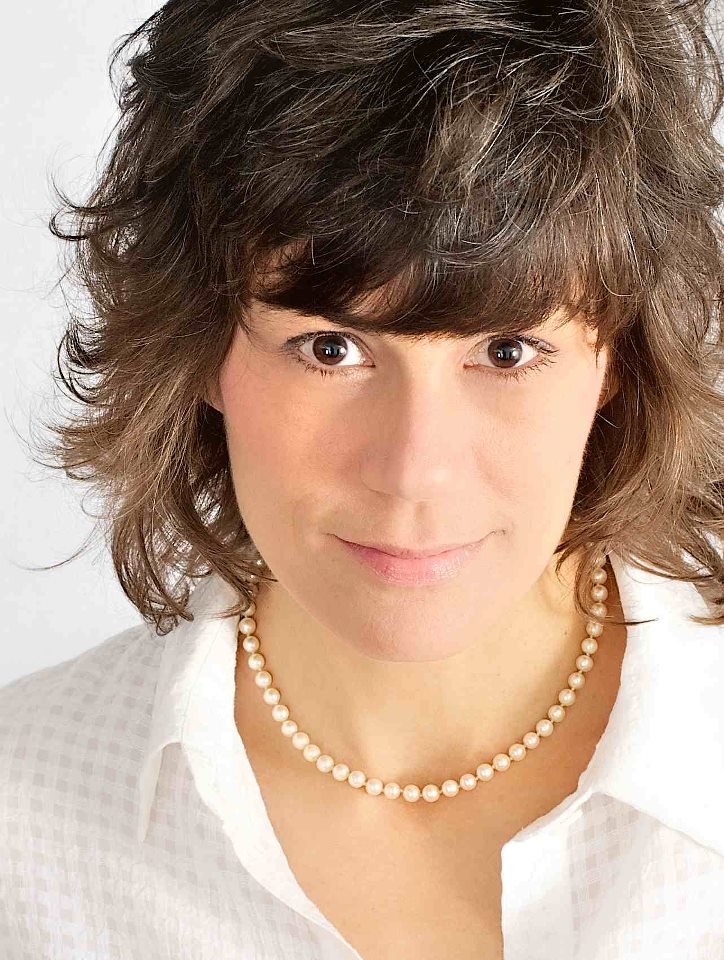Profiles in Recovery

Jennifer Matesa
Chronic pain from fibromyalgia triggered Jennifer Matesa’s prescription drug addiction. Her doctor had given her hydrocodone and then morphine, OxyContin and finally, fentanyl — one of the strongest opioids on the market. As she juggled motherhood and a successful writing career, Matesa denied her growing painkiller addiction:
“I wasn’t really an Addict. Addicts — well, everyone knows they don’t have kids, spouses, houses, jobs, everyone knows they Lose Everything.”
Matesa freed herself from opioids with the help of a detox specialist. Today she shares advice on her ad-free blog, “Guinevere Gets Sober”— one of the first to explore addiction and recovery. Her commitment to removing the stigma of addiction earned her a fellowship at the Substance Abuse and Mental Health Services Administration (SAMHSA).
PreviousNextDay Job:
Author of four non-fiction books, artist, university instructor
At my worst, I was:
Using drugs for most of every day in one room of my house. I was unable to work, reclusive, and paranoid about being caught by the cops for changing dates on prescriptions – a felony for each offense.
What worked for me:
My doctor did not recognize my addiction to heavy-duty painkillers. I was taking enormous amounts of fentanyl. So what worked was hiring a private addictions doctor to manage my outpatient detox.
And then as soon as I admitted my addiction to myself, I started going to a recovery fellowship. Both the doctor and the fellowship saved my life.
Rules I live by:
I try to tell myself the truth at all times. I also practice self-compassion and forgiveness. One reason I used drugs was that I expected myself to be perfect. Perhaps the most important thing I do these days is to accept my imperfections and fallibility. I try to be a “good enough” person.
On my schedule today:
Finishing my next book (Sex in Recovery: A Meeting between the Covers). Teaching my students. Making breakfast and dinner for my son, and talking with him about his life. Running with my dog. Responding to calls from my sponsees. Meditating and being grateful for what I have.
Best advice for newbies:
Find a recovery discipline that works for you and practice it every day. Value your life—all aspects of it: recovery is not just about staying barely alive; it’s about thriving in an improving quality of life. Become deeply familiar with your body as the only home you will ever have. The body is where we feel emotions, and it’s emotions that lead us to use again.
What I value most in recovery:
The total love and trust of my son. The ability to really help others. Being able to walk down the street without needing to avert my eyes. The belief that I’m okay and being taken care of, as long as I take care of myself.
What inspires me:
The newcomers I work with who try so hard to practice the principles of an honest, healthy life. Because I’m more awake today than I was when I was using, I’m inspired by ordinary human beings living decent lives.
Thoughts on relapse:
One of the best things I was ever told was by my first sponsor: “Your recovery is between you and your higher power, period.” Nobody can save me, and nobody can be the arbiter of my state of mind. I relapsed on January 2, 2010, and I beat the hell out of myself for doing it, so I learned how hard I am on myself. Now I try to show myself the love and understanding that I would show my son. I didn’t get that unconditional love when I was a child, and I think everyone deserves to have it.
Follow Matesa: http://guineveregetssober.com; Twitter: @Guinevere64
Shed the Stigma:
If you’re a person in long-term recovery who wants to share your insights, please contact us at [email protected].